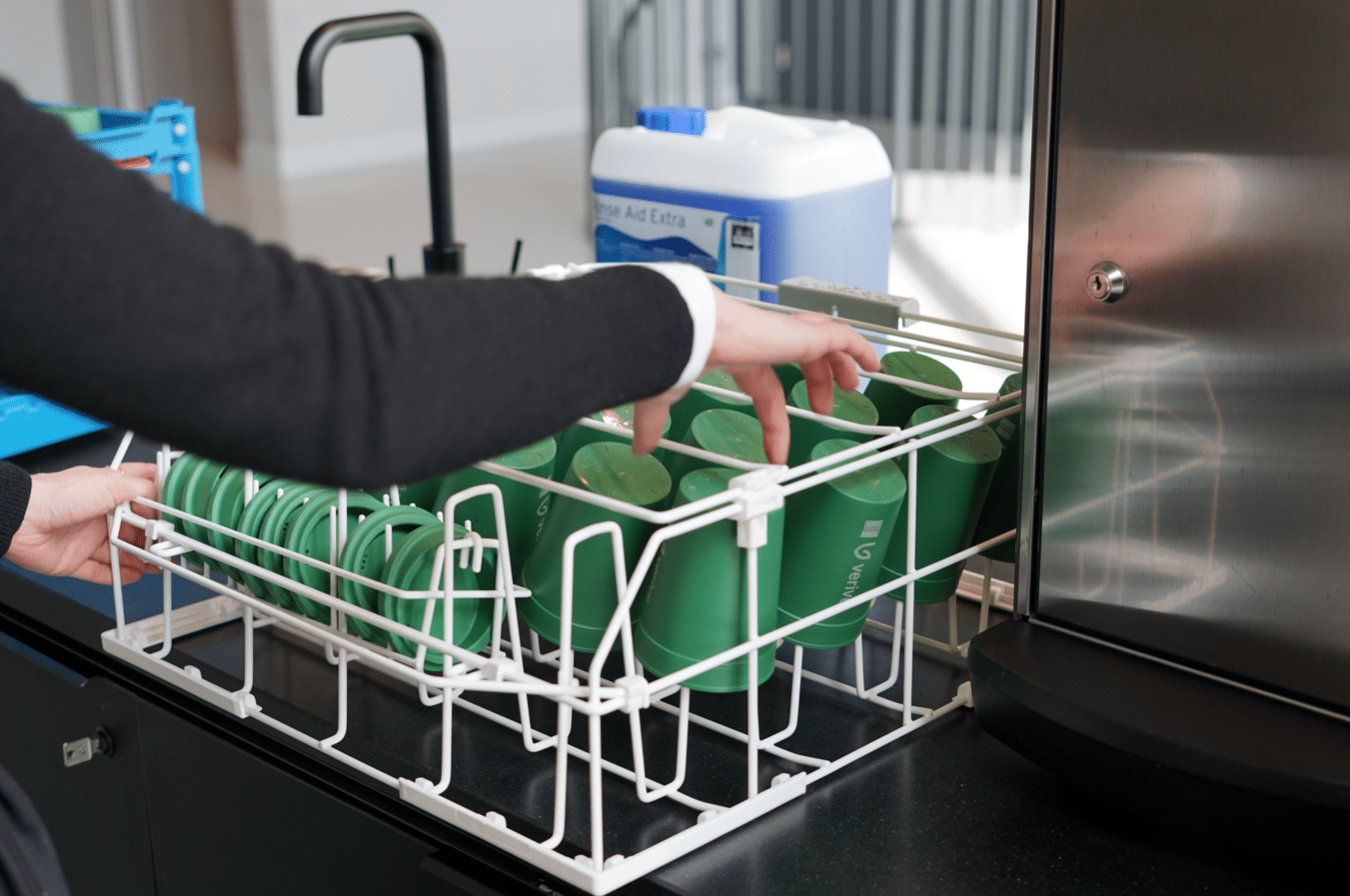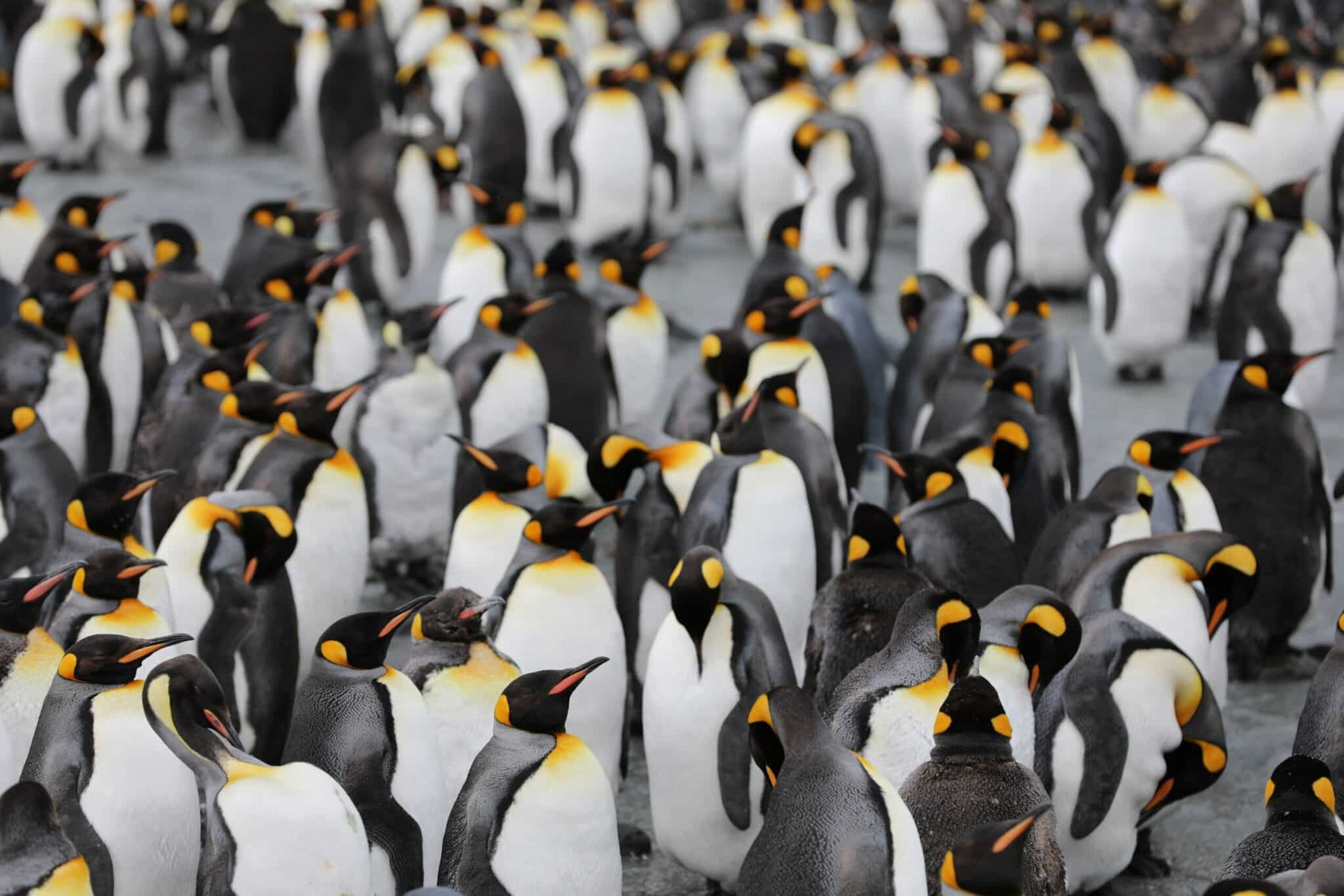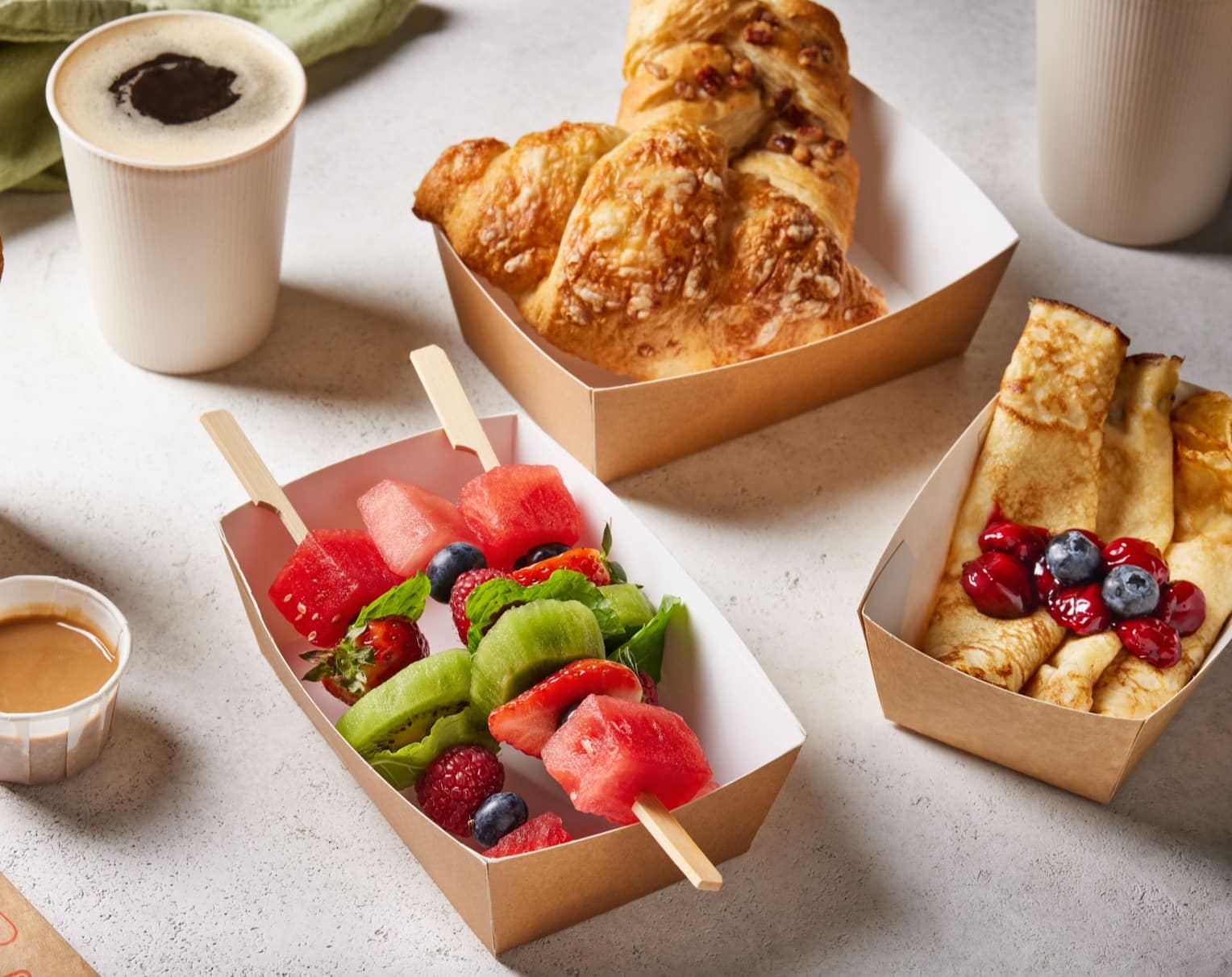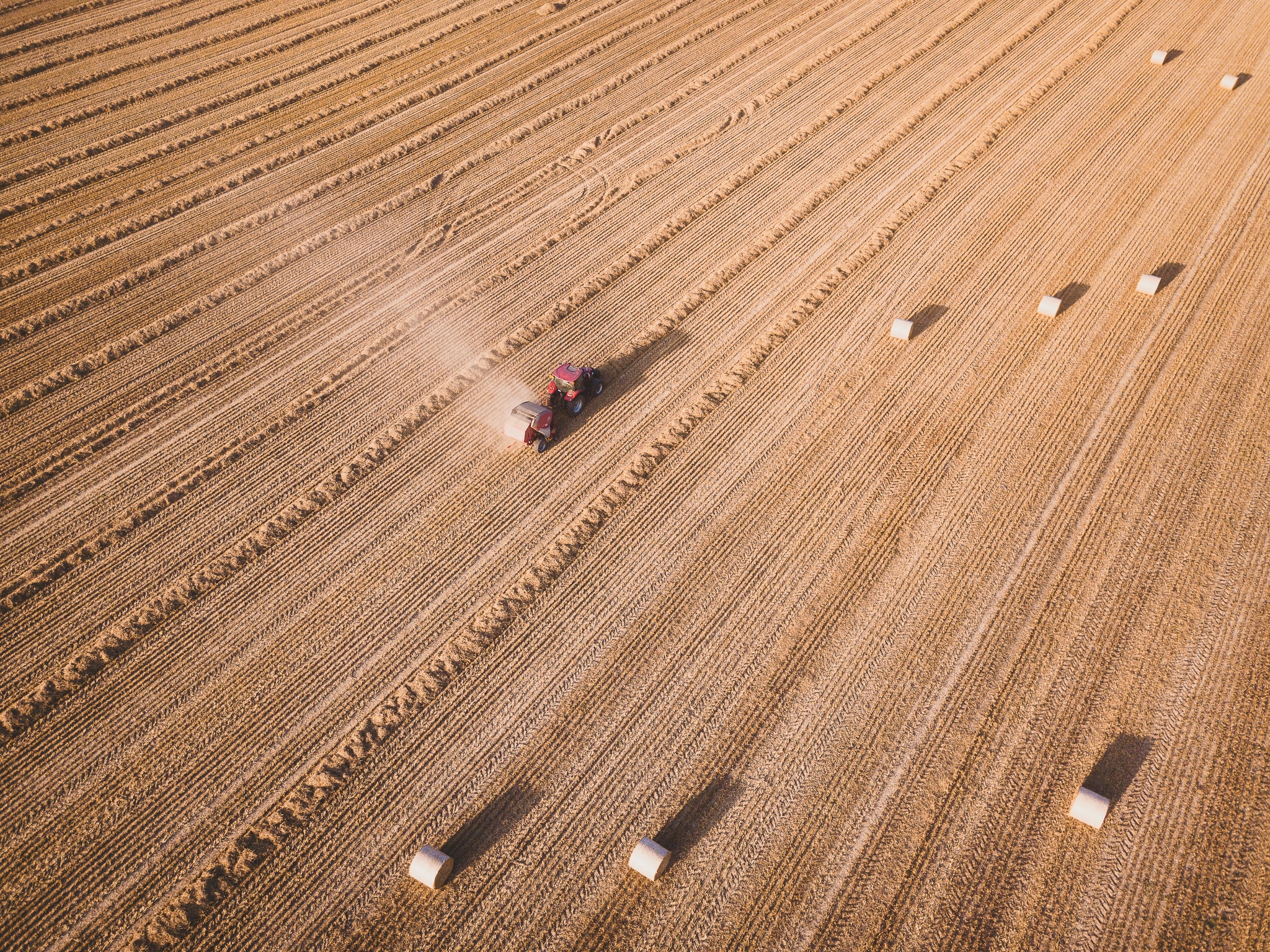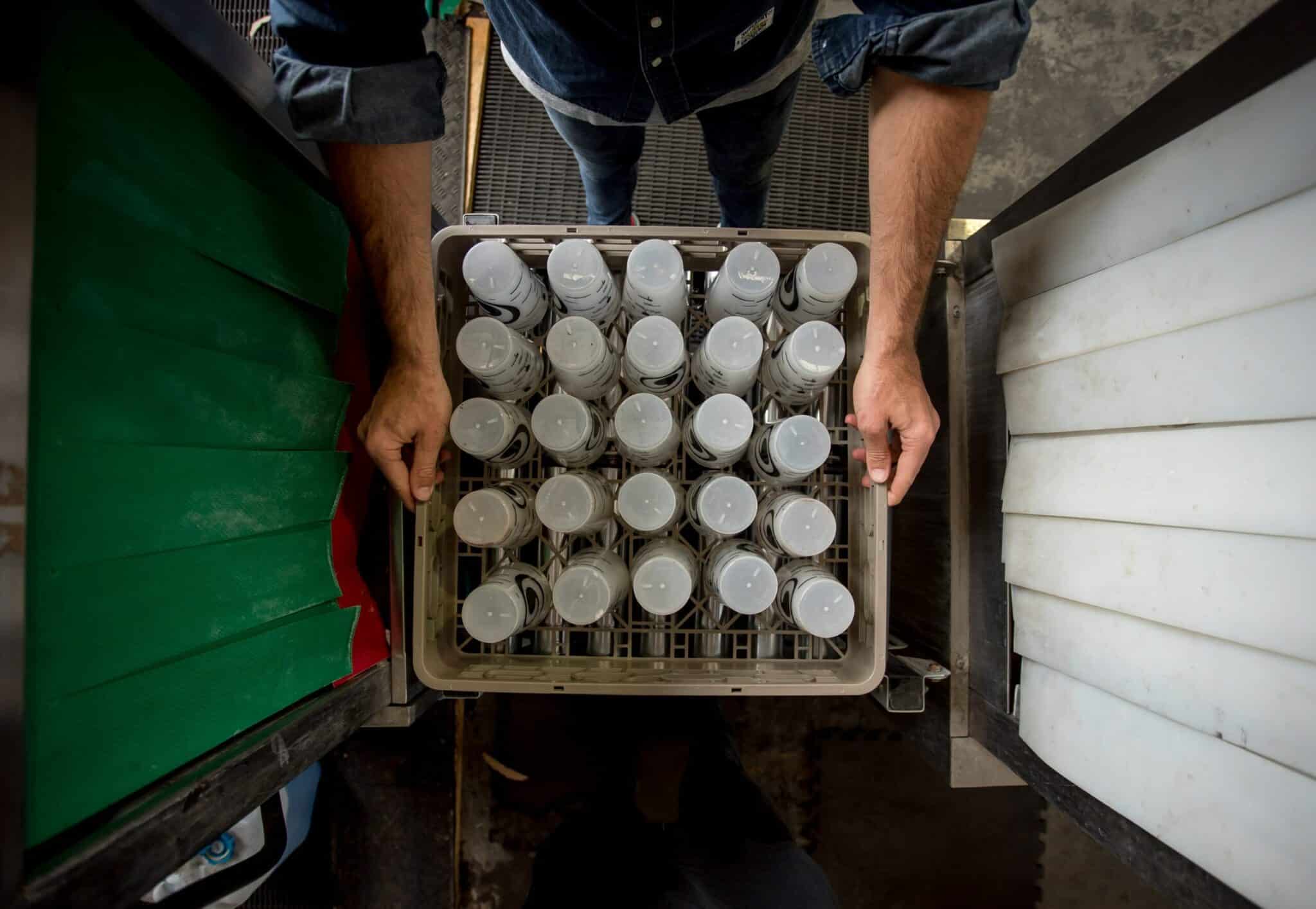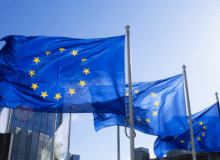About this article
This article covers some of the major changes currently in place in Belgium under the Single-Use Plastic Directive. It also summarises the legislative implications for those in catering and hospitality from 2023 onwards.
Since July 2021, the EU’s Single-Use Plastics Directive has come into effect and new milestones are introduced annually. Early bans on plastic packaging and tableware are largely universal across the EU, however, individual member states must specify and implement any further reduction measures. That’s why, moving forward, suppliers and customers should be aware of each country’s specific restrictions.
Belgium

What’s happening now?
The start of 2022 saw the introduction of a wide-reaching range of single-use plastic bans. Here’s a quick reminder of the products already affected in Belgium.
Since January 24 2022, (with the notable exception of existing stock) these single-use plastic catering products have been banned from sale:
-
Cutlery (e.g., forks, knives, spoons, and chopsticks);
-
Plates;
-
Straws (except ones sold in pharmacies for people with difficulty drinking and/or eating)
-
Drink stirrers;
-
Beverage containers and cups of expanded polystyrene, including caps and lids;
-
Expanded polystyrene food packaging used to store food for immediate consumption (i.e., fast food boxes); and
-
Products made from oxo-degradable plastics (which break down into environmentally harmful microplastics).
There are also bans on non-food-related products, such as cotton swabs and balloon sticks.
In addition, four categories of everyday products are now required to bear the turtle label indicating the presence of plastic and the environmental harm of improper disposal. The four categories are as follows:
-
Sanitary products: sanitary napkins, tampons and tampon applicators
-
Cleaning wipes: wet wipes for personal hygiene and/or household wipes
-
Tobacco products: cigarette filters and filters sold separately for use with tobacco products
-
Drinking cups
Although these products have not yet been banned, they are part of a broader strategy to raise consumers’ awareness of the environmental impact of single-use plastics.
What’s coming in 2023 and 2024?
Belgium’s single-use plastic reduction measures don’t stop here, and more bans and restrictions are lined up throughout 2023 and beyond. Here are some key dates to bear in mind as you prepare your business for the arrival of future legislation.
As of January 2023, lightweight plastic carrier bags (that’s your standard supermarket checkout bag) will be banned from sale. This ban does not include the very lightweight ‘biodegradable’ plastic bags, reusable bags that satisfy the specified requirements for repeated reuse, or plastic bags given for airport duty-free sales. Other single-use plastic items will also be banned from January 2023, including disposable cups and tea bags. Although disposable plastic cups will also be banned, it’s worth noting that plastic-lined paper cups will still be available on the market. Although single-use plastic cups are not yet banned, at events organised by local authorities and the national government, Belgian beer is now served exclusively in cardboard cups rather than plastic.
Furthermore, from 2023 onwards, events organised by central and local governments must offer reusable options. For the time being, privately organised events will not need to meet this requirement.
What should those in foodservice do to prepare?
Remember, now’s the time for your business to start thinking about its strategy and the mix of dine-in and dine-out options it will offer. There’s no time to waste when it comes to future-proofing your catering and hospitality services in Belgium.
Our advice? Verive recommends offering a mix of reusables, polymer-free disposables (i.e., unlined products made from palm leaf, bagasse, paper/cardboard or other alternative materials), and ‘bring-your-own’ containers with a small fee. Need help sourcing reusables and other alternatives or determining the exact mix to suit your business best? Contact us.
Looking for related SUP Directive content? Read our main SUP Directive article or our country-specific articles on the Netherlands and Germany.


